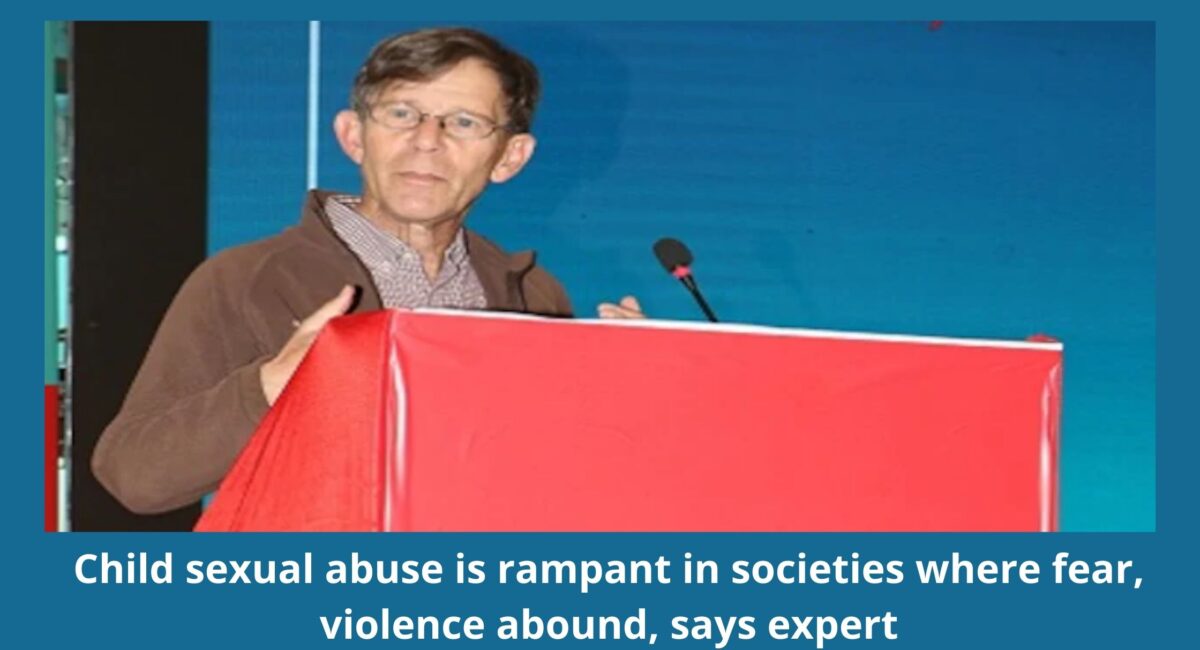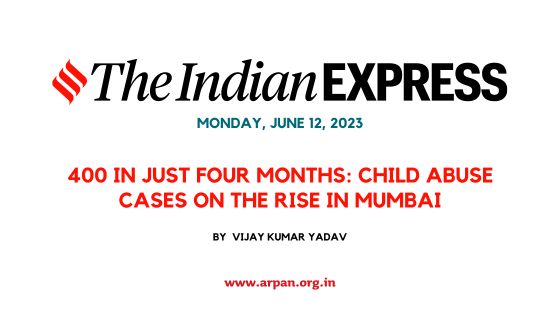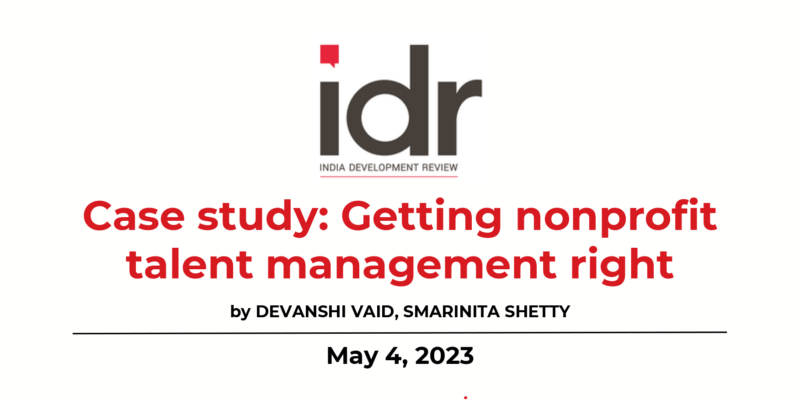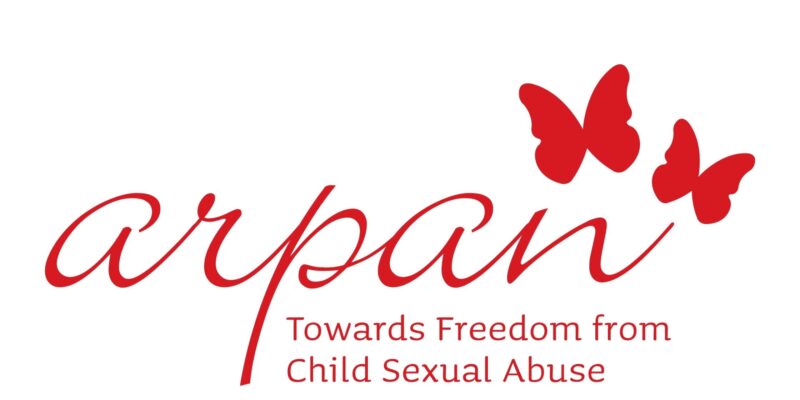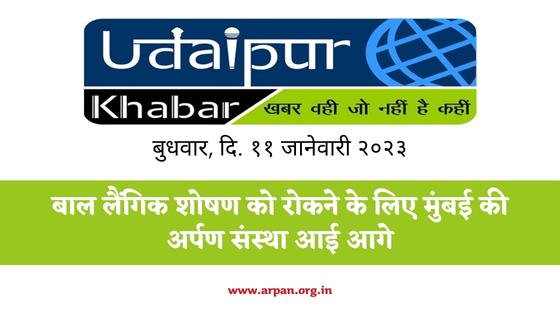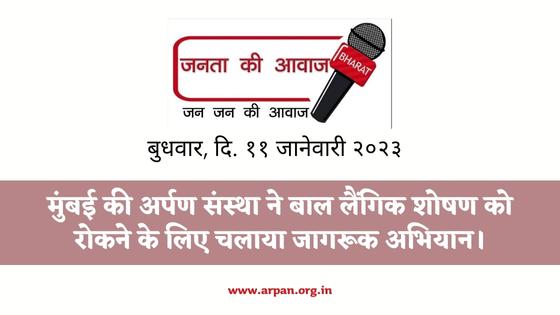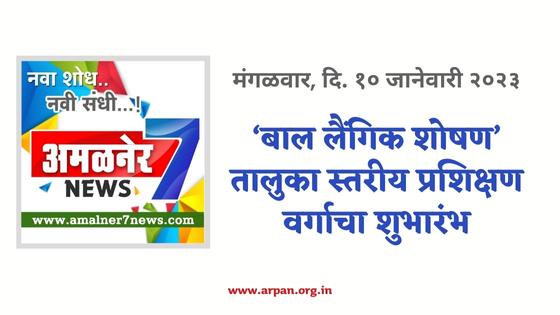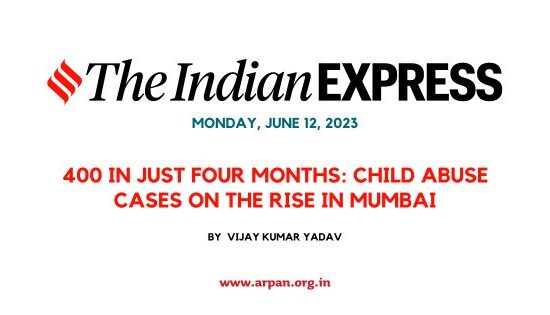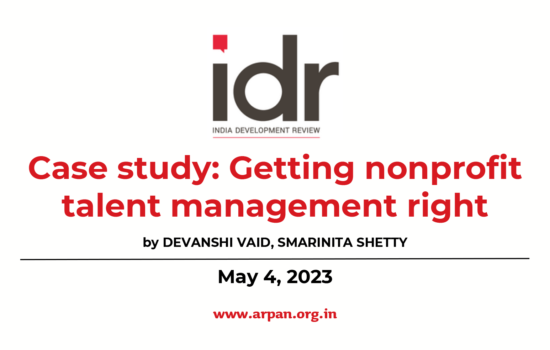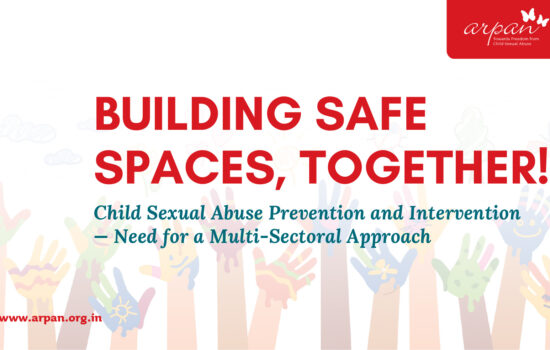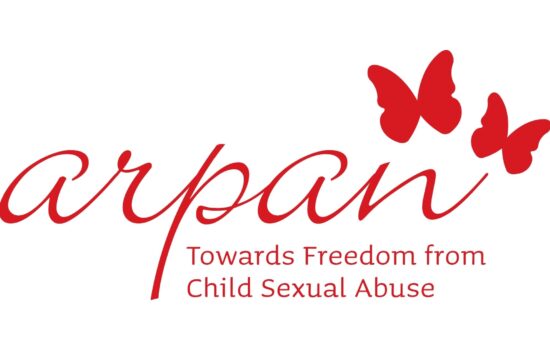David Finkelhor is director of the Crimes against Children Research Center, co-director of the Family Research Laboratory and Professor of Sociology at the University of New Hampshire, US. He is considered an expert on the issues of child sexual abuse, child victimisation and family violence, and has written and edited 11 books on these subjects. Firstpost spoke with him when he was in Mumbai this week for a conference organised by Arpan, a non-profit working in the field of child sexual abuse.
You say that all child sex offenders are not paedophiles and all paedophiles are not offenders.
A paedophile is someone who has a primary sexual interest in young children. There are lots of offenders who are young people themselves and they aren’t paedophiles and there are lots of offenders who are adults offending against teenagers and they aren’t paedophiles. It’s a very mixed group of offenders. But many people have developed the misconception that these are all people who are sexually fixated on children and that’s not true.
So is offending against children then a question of opportunity?
Some of it is primarily opportunity and they don’t have good internalised controls.
Are certain kinds of children more vulnerable to being victimised?
That is true. Children who don’t have good supervision because of problems in their family or parents, or they’re not living in their home. That’s one group. Children who have various kinds of disability and disadvantage or cognitive problems, they are at higher risk too. Also children in chaotic social situations, refugees, war areas, children who are homeless. Those are all important risk factors.
Are there certain indicators or behaviours that suggest people are more likely to commit offences?
Someone who has done this before to other children, they are at higher risk. If they are downloading or utilising child pornography or child abuse images, that’s a very big risk factor. The other kinds of risk factors are very weak predictors. People sometimes thought if someone really likes to be around children or if someone isn’t in an adult relationship or if somebody is shy and inhibited [they could be offenders] but these are very weak predictors.
In India there has recently been a lot of discussion on creating sex offender registries. Are those known to be effective?
Evaluations have not been positive about registries. They may provide some assistance to the police now and then when they are conducting an investigation but they have hardly been shown to have large scale effects on the rates of recidivism or the occurrence of abuse in the population. I think if policy makers are interested in solutions that involve the police, the best things they can do is to train police about how to interview children, how to conduct investigations, how to be sensitive to the needs of children when they are involved in these cases. I think there also need to be reforms that make the justice system more friendly towards children. For example shortening the amount of time it takes to resolve these cases or providing children with advocates who support (them) during the investigation and court process. Or educating judges and prosecutors so that they don’t have prejudices or misunderstandings about children or the nature of the kind of offence.
Indian law has a mandatory reporting clause [the POCSO Act requires that anyone in knowledge of an offence against a child, report that offence or they could be liable for punishment]. Is that effective?
Mandatory reporting has never been well evaluated. So on the one hand it is a tool to make professionals, teachers and therapists make sure they have some knowledge about the problem. But on the other hand mandatory reporting also creates very big burdens of investigation on the system. It might end up slowing the process of children who most need it, (in) getting assistance. It’s a complicated thing. I wish we knew more about it, it’s a very important public policy issue but it’s not been well analaysed.
How much do sexual crimes vary across societies or countries?
Certain features are pretty widespread and universal but there are differences, particularly differences in the rates of abuse, particularly of boys. It is more common in some places then in others. There are certain kinds of cultural practices that can exacerbate the problem in some places, the acceptance of bullying, the practices that allow children to be out of their homes and outside or not to have quality supervision or good relationships with their parents; societies where there is a lot of violence, fear, intimidation.
Is there a connection between offenders having themselves been victims as children?
It is one risk factor but most victims don’t go on to become offenders. Some. But not all.
You’ve also worked on juvenile crime issues. India recently lowered the age for trying children as adults in certain kinds of heinous offences. Does that work?
Studies in the US show that when juveniles are treated as adults for criminal purposes, they tend to have higher rates of reoffending. So it looks like the juvenile system is actually more effective at managing and reducing criminality. I realise this is often unsatisfying for people who think that there are insufficient punishments available. There can be some, what we call, mixed systems, where juvenile offenders are handled in a way so that for a certain period of time their management is processed in the juvenile system but if they don’t show progress they become subjects of the adult system as well.
We tend to think of child sex offenders as men. But do women also commit such offences?
About 5 percent of the offenders against girls and maybe as much as 20 percent against boys involve female perpetrators in our experience. They tend to be in two or three main categories: adult women who have sexual relationships with teenage boys, teenage girls who take advantage of younger children in their social group or family, and women who are cajoled to participate in the recruitment and abuse of children by their boyfriends, husbands or family members.
You said countries like the US, Canada, Finland, New Zealand and others have seen the rates of child sexual abuse decline. What have been the factors responsible?
We don’t know for sure but I think they include a lot of education programmes, awareness-raising, proactive policing and investigations, a great deal of media coverage, training of professionals. There has been a big transformation of a lot of societies around the issue over the last generation.
Are you following news from India about these issues? Is there enough data being collected here?
I think not. From the little I have read, it looks like the epidemiology and basic information is still very rudimentary. So it’s going to be difficult to make assessments on whether things are improving. It’s going to be difficult to see where the gaps in identification and reporting and intervention are, it’s going to be very difficult to see where the training needs exist. So it’s good to get the research information about these things in order to plan effective policy.
Source : FirstPost

